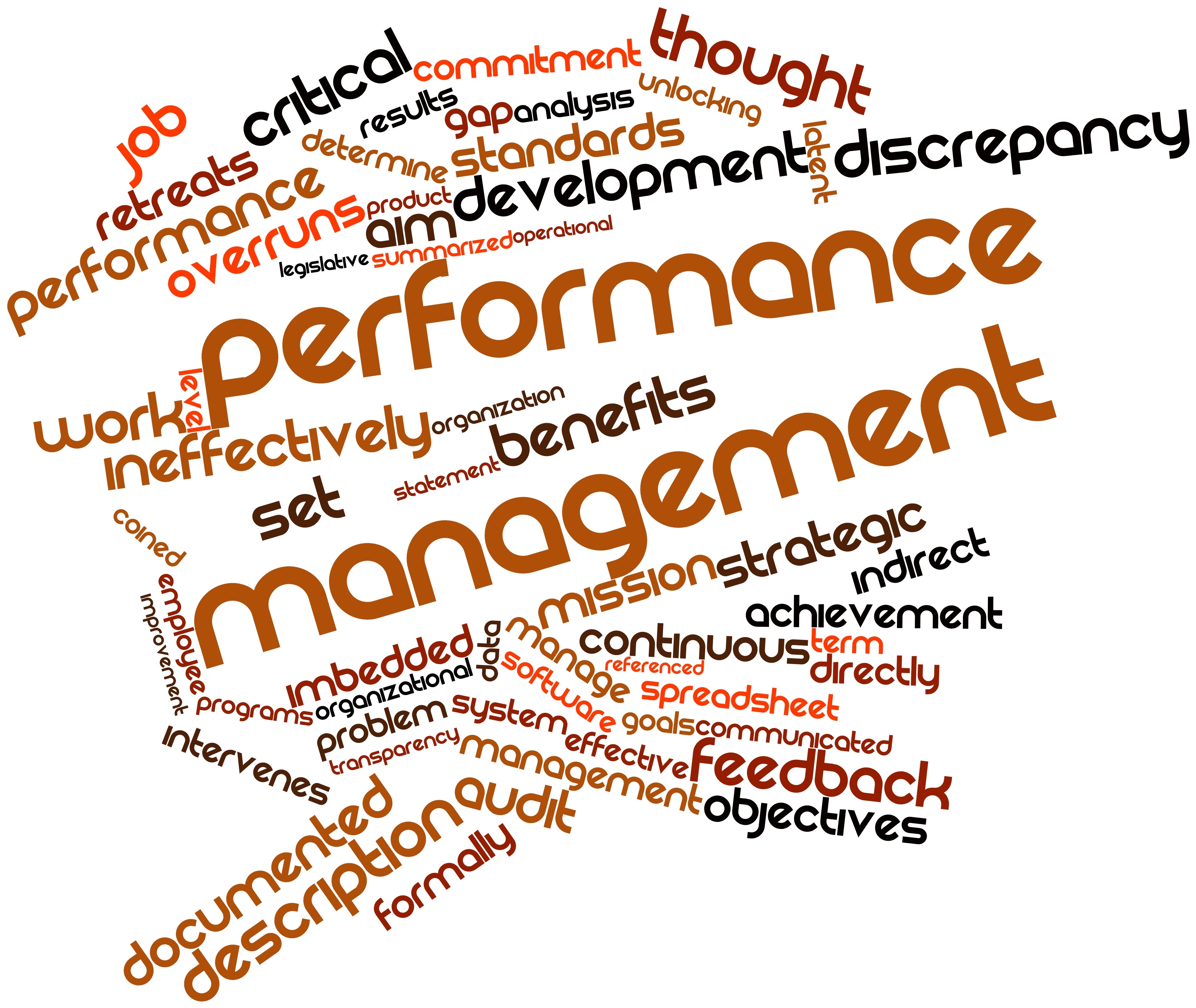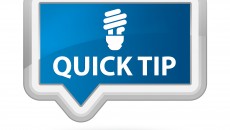You ask me how I am doing. I respond, I am doing great! By that time, you have already moved on and didn’t even hear my reply!
This is a BIG issue we have in our societies and in our organizations! We do not have the time to listen to the answers for the questions that we ourselves asked.
Now take a back seat, relax for a few minutes and ask yourself one simple but very important question
“How is my performance?”
The moment you stop and take stock of where you are, where you want to go and what you are doing to get to where you want to go, this is when your journey into performance management starts.
Most Performance Management articles would probably focus on assessing how we performance manage other people. For once I would like to write about managing our own performance.
Just like every organization has a mission, which defines its purpose of existence along with a set of goals to achieve as a result of its efforts, you should also have a mission in your professional life and a a set of goals that you are determined to achieve.
Now comes the challenge. Are you focused enough to keep track of the ”mileage” you are doing towards these goals.
I leave you with some questions to ponder over:
- How regularly do you take stock of your performance?
- How do you assess if you are on track to achieve your goals? Are your goals in line with your mission and your organizations mission?
One of the tools I find useful for managing one’s individual performance is Kaplan and Norton’s Balanced Scorecard.
In a nutshell, the balanced scorecard suggests that we view the organization from four perspectives and then develop key performance indicators relative to each of these:
“Financial performance”, “Satisfaction”; “Efficiency” and “Knowledge and Innovation”.
If we transfer the above concept into individual performance management, we could potentially assess our performance in:
- “Financial Performance” – What are our financial rewards versus commitments?
- “Efficiency” – How efficient are we in achieving our objectives and goals? Are we putting lots of effort in and not achieving much?
- “Satisfaction” – How satisfied are our stakeholders? Our boss, colleagues, clients and last but not least, our family and friends?
- “Knowledge and Innovation” – How do we make sure that we are not outdated and we are continuously investing in our career development?
Now, here comes the role of our HR colleagues. Their job is to motivate you to align your individual balanced scorecard with the organization’s scorecard, so you are contributing to the achievement of the organization’s strategic goals and your own goals simultaneously. This is a WIN WIN situation!






